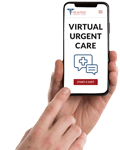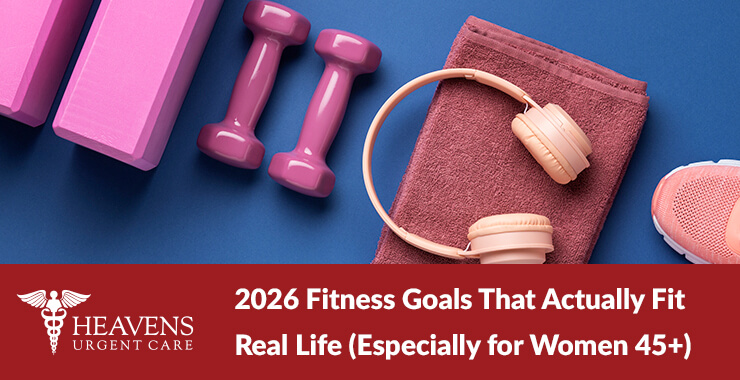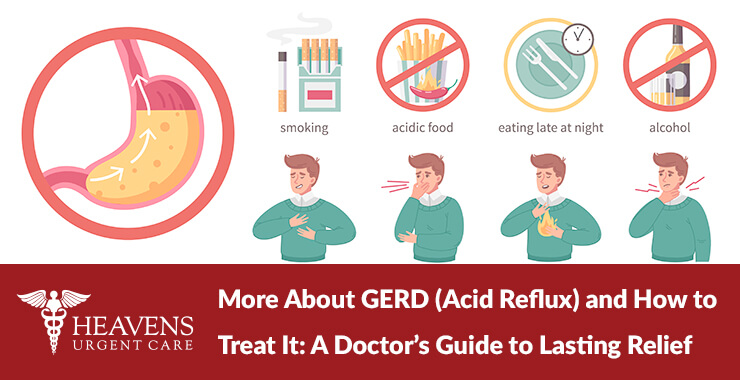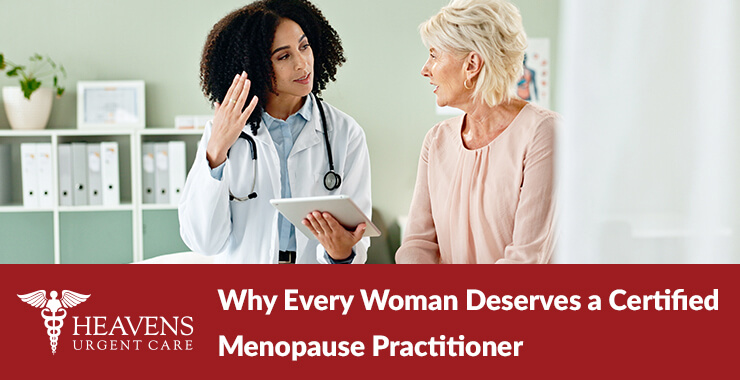Sleep is a cornerstone of health, and finding ways to enhance sleep quality is a priority for many. One increasingly popular method is grounding, also known as earthing.
The theory is that when your body makes direct contact with Earth, its negatively charged electrons connect with your body’s electrical system, resulting in an exchange of electrons that neutralize acid in the body. Emerging research is showing that the result is lower inflammation, a happier mood, and, yes, improved sleep.
Grounding has gained attention not just as a wellness trend but as a practice backed by emerging research. Let’s explore what grounding is, how it can improve restorative sleep, whether grounding sheets work, and the broader health benefits associated with this practice.
What Is Grounding?
If you’ve ever stood barefoot in the grass and felt more relaxed and a greater sense of well-being, you are not alone. Grounding refers to the process of physically connecting your body to the Earth’s natural electric charge.
Earth carries a negative electric charge, while the human body, especially in today’s technology-laden world, can accumulate positive charges.
Proponents of grounding believe that physical contact with the Earth helps neutralize the positive-negative ion imbalance, leading to various health benefits. This can be as simple as walking barefoot on grass, soil, or sand, or using grounding equipment like mats, sheets, or patches that simulate this connection indoors.

Grounding and Sleep: What the Research Says
A growing body of evidence suggests that grounding may improve sleep quality. A 2004 pilot study published in the Journal of Alternative and Complementary Medicine found that participants who slept on grounded bedding experienced better sleep, reduced nighttime pain, and normalization of cortisol rhythms—the hormone responsible for regulating stress and wakefulness cycles. Balanced cortisol levels are essential for restorative sleep.
In another study from 2015, researchers observed that grounding helped improve sleep latency (the time it takes to fall asleep) and sleep efficiency. Grounding appears to influence the autonomic nervous system, shifting it toward a parasympathetic (rest-and-digest) state conducive to better sleep.
Do Grounding Sheets Work?
Grounding sheets, made with conductive materials that connect to a grounded outlet or rod, are designed to bring the Earth’s electrical charge to your bed. Users report benefits like falling asleep faster, staying asleep longer, and waking up feeling more refreshed.
Research supports these anecdotal claims. A 2012 study conducted by the Journal of Environmental and Public Health demonstrated that sleeping grounded through conductive bedding reduced inflammation and improved markers of sleep quality. While more extensive studies are needed, the evidence is promising.
However, effectiveness depends on the sheet’s quality and proper use. To maximize benefits, ensure the grounding sheet is correctly connected to a grounded outlet and that your skin makes direct contact with the sheet.
Other Health Benefits of Grounding
Beyond sleep, grounding offers a range of potential health benefits:
- Reduced Inflammation: Grounding may lower inflammation by reducing oxidative stress. The Earth’s electrons appear to neutralize free radicals, which are responsible for cellular damage.
- Improved Heart Health: Studies suggest grounding can reduce blood viscosity—a factor in cardiovascular disease risk.
- Stress Reduction: Grounding influences the nervous system by promoting a calm, parasympathetic state. This can help manage stress and anxiety.
- Pain Relief: Research indicates that grounding may alleviate chronic pain, likely by reducing inflammation and improving circulation.
- Enhanced Recovery: Athletes using grounding techniques have reported faster recovery from injuries and workouts.
How to Add More Grounding Into Your Life
Take time to walk on grass, sand, or soil each day. Many people are now turning to grounding tools like standing on grounding mats, using grounding sheets, or wearing grounding patches, especially if outdoor grounding isn’t feasible.
You can naturally add more grounding to your life when you spend time Outdoors. Simply engage in activities like gardening, swimming in a lake or the ocean, and rock climbing.
If you have any sleep concerns, a medical practitioner at Heavens Urgent Care would be happy to see you to discuss your specific concerns and help you with a treatment plan.







